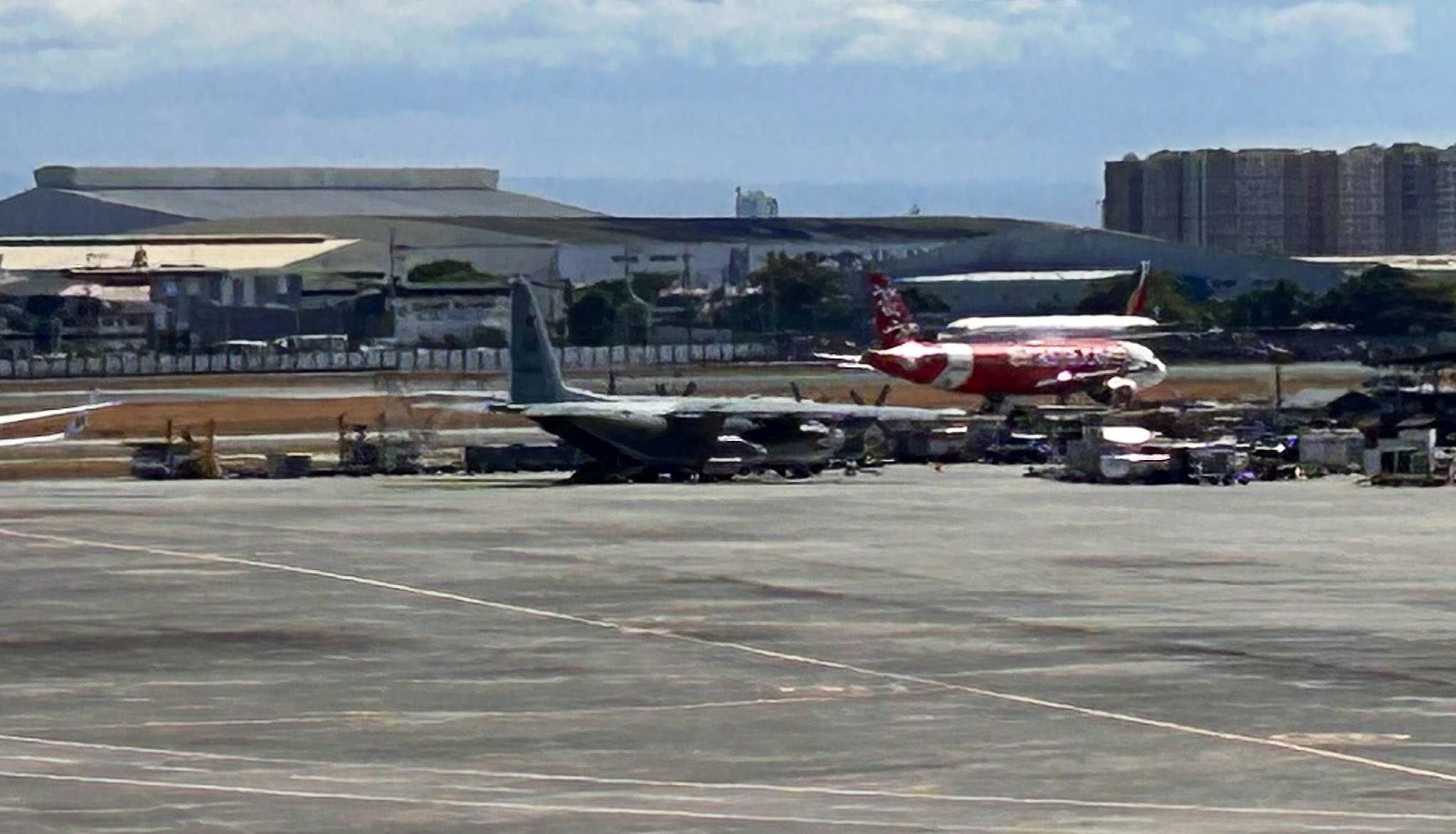Privatization of PH air traffic system poses security risks — Raffy Tulfo

Senator Raffy Tulfo expressed opposition to the proposal to privatize the Philippines’ air traffic management system., citing the risk to national security.
In a statement on Tuesday, Tulfo, chairman of the Senate public services committee, raised possible serious national security risks should private companies take over the operations of the country’s communications, navigation, surveillance/air traffic management system (CNS/ATM).
“The privatization of CNS/ATM functions poses serious national security risks and exposes us to foreign interference since private companies may be entered into through equity participation by nationalized investors, including big government- backed corporations in China,” Tulfo said.
His statement came a week after Transportation Secretary Jaime Bautista said the ComClark Network and Technology Corp. (ComClark) of Pampanga-based internet tycoon Dennis Anthony Uy, who also sits as the founder and CEO of Converge ICT Solutions Inc., submitted an unsolicited proposal, through the Private Public Partnership (PPP) Center, to take over the operations of CNS/ATM.
In his statement, Tulfo cited the supposed statement from retired Lieutenant General William Hotchkiss, former Philippine Air Force Chief & former CAAP Director, that such a proposal would transfer CAAP’s power to monitor and control all flights inside the country’s Flight Information Region (FIR) to a private entity that could have a private vested interest.
For the lawmaker, the privatization of the CNS/ATM is "tantamount to giving private companies control of the security over our country’s land and seas."
He also noted the cases of former Negros Oriental Rep. Arnolfo Teves and dismissed Bamban, Tarlac Mayor Alice Guo, and other "POGO VIPs" whom, he said, flew out of the country to escape authorities.
"Privatization may just lead to a system that can be much easier to exploit as a way to avoid the country’s justice system," Tulfo said.
The CAAP commercially operates over 40 airports all over the country. At the same time, it prescribes rules and regulations and enforces laws governing air transportation.
CAAP operates the P10.8-billion new CNS/ATM system. The project, financed by the Japan International Cooperation Agency, was completed in October 2017 and commenced operations in July 2019.
The country’s air traffic management system is composed of 13 radars scattered across the country—Ninoy Aquino International Airport (NAIA) Terminal 1 and 2, Clark, Tagaytay, Aparri, Laoag, Cebu-Mt. Majic, Quezon-Palawan, Zamboanga, Mactan, Bacolod, Kalibo, and Davao—covering 70% of Philippines airspace.
On September 30, CAAP completed its system upgrade of the CNS/ATM.
The upgrade came 20 months after the CAAP’s Philippine Air Traffic Management Center (ATMC), which houses the CNS/ATM system’s equipment, was hit by a massive power outage, resulting in the 2023 New Year's Day fiasco with hundreds of flights delayed or canceled. —RF, GMA Integrated News




